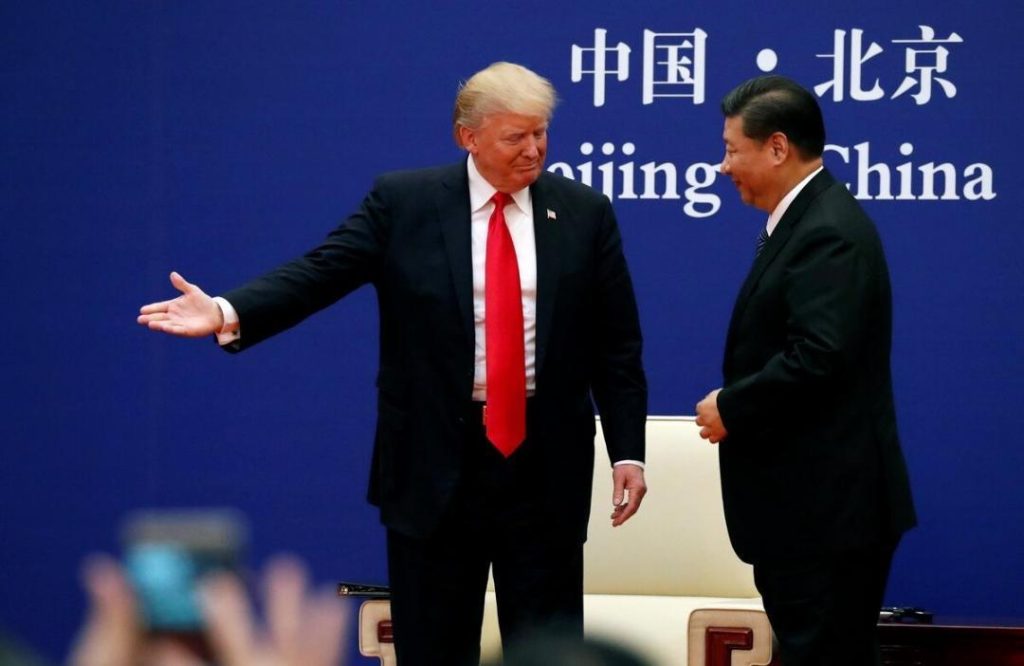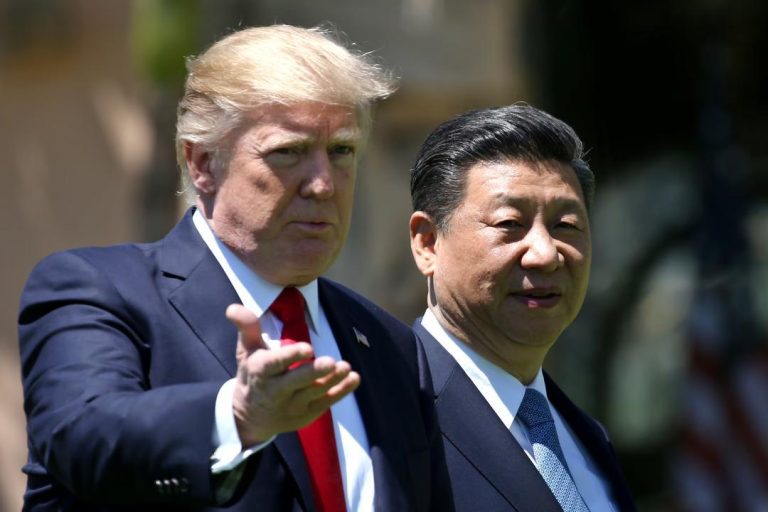
Correct Your Mistakes: China to US after it updates State Dept website’s Taiwan page
The world is always filled with surprises, and the recent update to the US State Department’s website is no exception. In a move that has sent shockwaves across the globe, the US updated its Taiwan page, dropping the phrase “we do not support Taiwan independence”. This sudden change has prompted China to demand the US “correct its mistakes” and maintain its long-standing position on Taiwan.
The update to the website came just three weeks after Donald Trump was sworn in to his second term in the White House, leaving many wondering what this sudden change means for the future of US-China relations. While the US has long maintained a delicate balance between China and Taiwan, the removal of this phrase has sparked concerns about the US’s stance on the issue.
For those who may not be familiar, Taiwan is considered by China as its own territory, and Beijing has long been opposed to any moves that may be seen as supporting Taiwan’s independence. In recent years, tensions between China and Taiwan have been escalating, with China increasing its military presence around the island and Taiwan strengthening its own military to counter the threat.
The US, on the other hand, has traditionally maintained a policy of “strategic ambiguity” towards Taiwan, neither explicitly supporting nor opposing the island’s independence. However, with the removal of this phrase from the State Department’s website, many are wondering if the US is signaling a shift in its stance.
According to reports, the update was made as part of a routine review of the website’s content. However, China has been quick to condemn the move, with the Chinese Foreign Ministry calling on the US to “correct its mistakes” and maintain its long-standing position on Taiwan.
“We urge the US to correct its mistakes, respect China’s sovereignty and territorial integrity, and maintain its commitment to the one-China principle,” a Chinese Foreign Ministry spokesperson said in a statement.
The one-China principle is a long-standing policy that recognizes Taiwan as part of China, and the US has traditionally adhered to this principle in its dealings with China. However, with the removal of the phrase “we do not support Taiwan independence”, many are wondering if the US is signaling a willingness to recognize Taiwan as a separate entity.
The update to the website has also sparked concerns about the potential impact on US-China relations. While the US has long maintained a delicate balance between China and Taiwan, the removal of this phrase has raised questions about whether the US is willing to challenge China’s claims on the island.
In a statement, the US State Department downplayed the significance of the update, saying that it was simply a routine review of the website’s content. “The update was made as part of a regular review of our website’s content to ensure it accurately reflects the US government’s policies and positions,” a State Department spokesperson said.
However, experts say that the update is more significant than the State Department is letting on. “This is not just a routine update,” said one expert. “It’s a significant shift in the US’s stance on Taiwan, and it’s likely to be met with resistance from China.”
The update to the website has also raised questions about the role of President Trump in the decision. While the State Department has downplayed the significance of the update, many are wondering if President Trump was involved in the decision.
President Trump has a history of taking bold action on the world stage, and some are wondering if his administration is looking to make a statement on the issue of Taiwan. In recent years, President Trump has been critical of China’s treatment of Taiwan, and some are wondering if this update is part of a broader strategy to challenge China’s claims on the island.
As the situation continues to unfold, it remains to be seen what the implications will be for US-China relations. One thing is clear, however: the update to the website has sparked a significant shift in the balance of power in the region, and it’s likely to have far-reaching consequences for the future of US-China relations.






